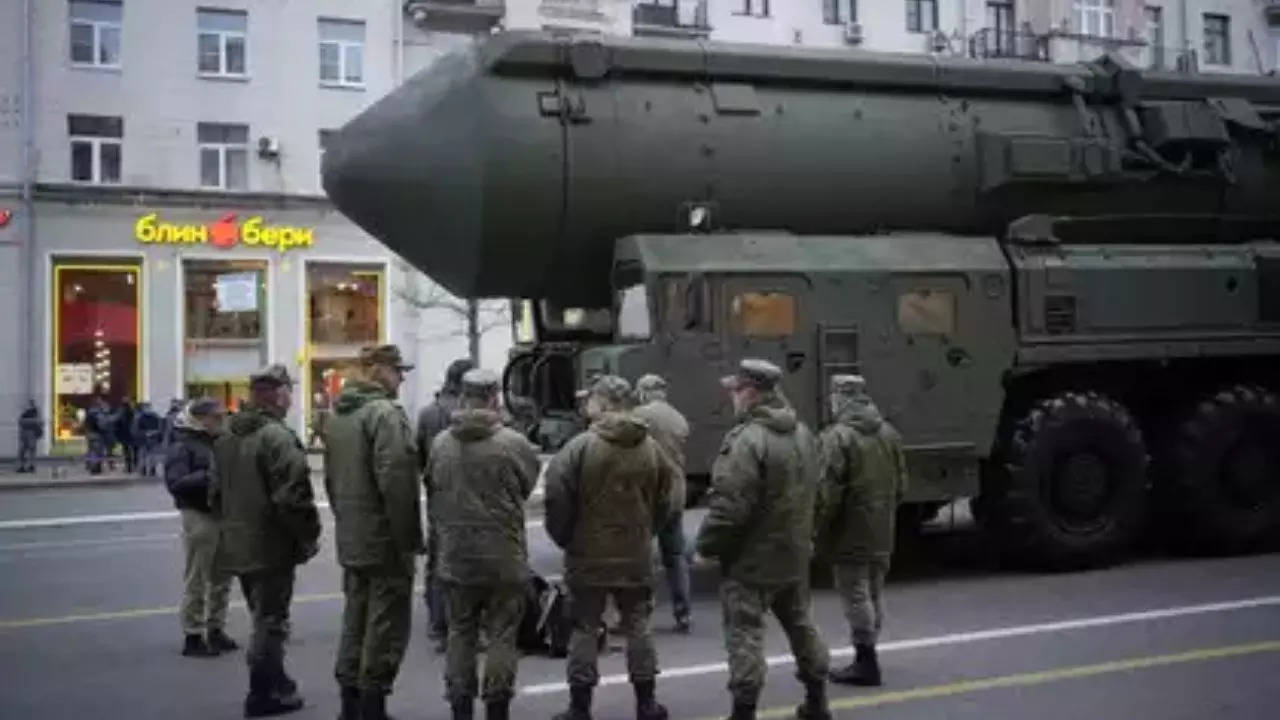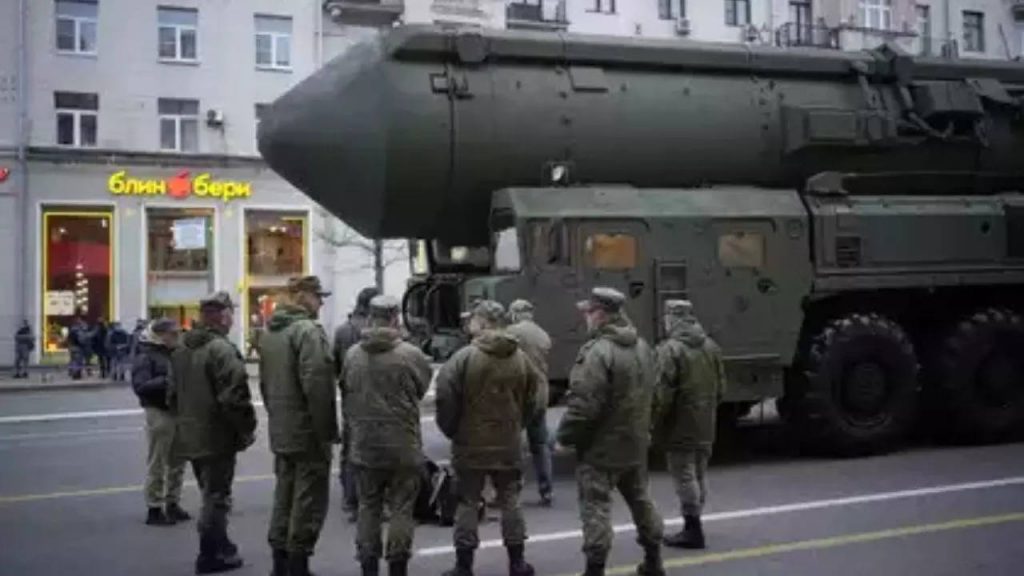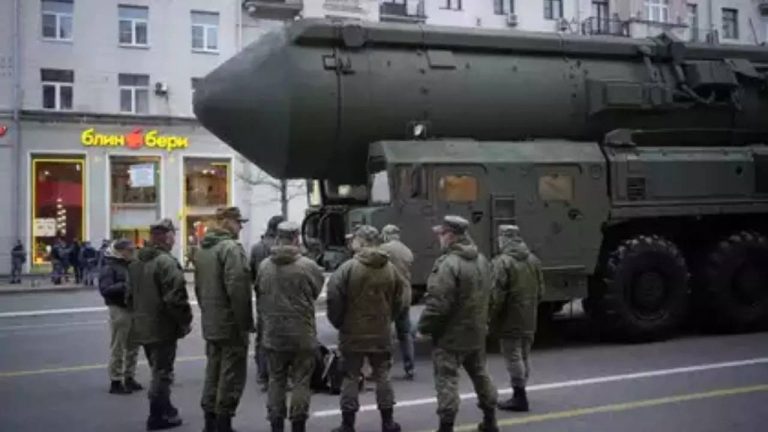After the disintegration of the Soviet Union, Ukraine found itself in possession of a considerable nuclear stockpile. However, the country made the decision to give up these nuclear weapons, citing financial constraints and geopolitical uncertainties. The Budapest Memorandum of 1994 assured Ukraine of security guarantees, but these promises faltered when Russia took control of Crimea and backed separatist movements within Ukraine. The current conflict between Russia and Ukraine underscores the fragility of Ukrainian security in the absence of nuclear deterrence. The repercussions of Ukraine’s nuclear disarmament have come to the forefront in recent years, as the country grapples with external threats and challenges. The international community continues to monitor the situation closely, as Ukraine navigates through complex geopolitical dynamics. The implications of Ukraine’s nuclear disarmament resonate not only within the region but also globally, shedding light on the complexities of international security arrangements. The delicate balance of power in Eastern Europe remains a focal point of discussions and diplomatic efforts. As Ukraine seeks to strengthen its defenses and safeguard its sovereignty, the specter of its abandoned nuclear arsenal looms large. In an ever-evolving geopolitical landscape, the repercussions of Ukraine’s nuclear disarmament serve as a cautionary tale for nations around the world.

Posted in
JUST IN
Ukraine’s Decision to Give Up Nuclear Weapons Exposes Vulnerabilities amidst Russia Conflict: Analysis
In Trend




















